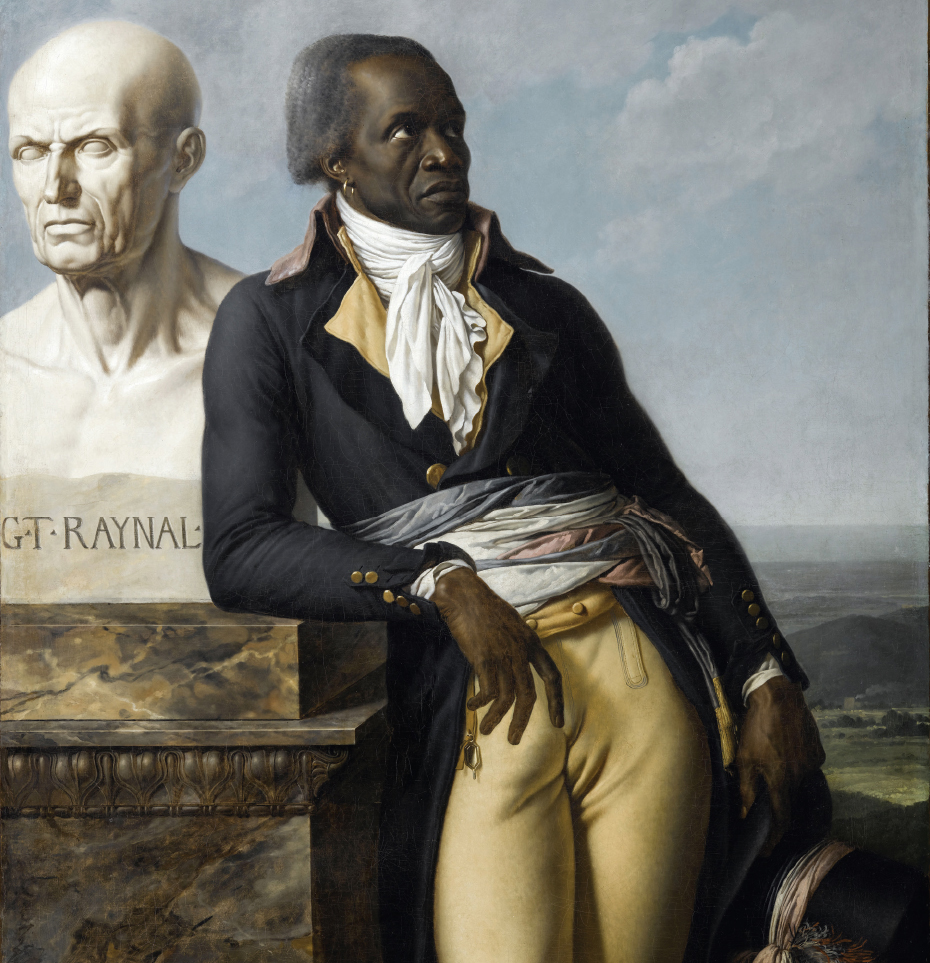Introduction for Chapter 22
22 Revolutions in the Atlantic World 1775–
> How did revolution change the Atlantic world? What aspects of Atlantic society and politics were left unchanged? Chapter 22 examines the wave of revolutions that rocked the Atlantic world from 1775 to 1825. The revolutionary era began in North America in 1775, where the United States of America won freedom from Britain in 1783. Then in 1789 France became the leading revolutionary nation. It established first a constitutional monarchy, then a radical republic, and finally a new empire under Napoleon that would last until 1815. Inspired both by the ideals of the revolution on the continent and by internal colonial conditions, the slaves in the French colony of Saint Domingue rose up in 1791, followed by colonial settlers, indigenous people, and slaves in Spanish America. In Europe and its colonies abroad, the world of modern politics was born.

LearningCurve
After reading the chapter, use LearningCurve to retain what you’ve read.
| 1715– |
1775– |
| Reign of Louis XV in France | American Revolution |
| 1743– |
1789– |
| Life of Toussaint L’Ouverture | French Revolution |
| 1756– |
1790 |
| Seven Years’ War | Edmund Burke publishes Reflections on the Revolution in France |
| 1763 | 1791– |
| Treaty of Paris | Haitian Revolution |
| 1774– |
1799– |
| Reign of Louis XVI in France | Reign of Napoleon Bonaparte in France |
| 1775 | |
| Thomas Paine publishes Common Sense |